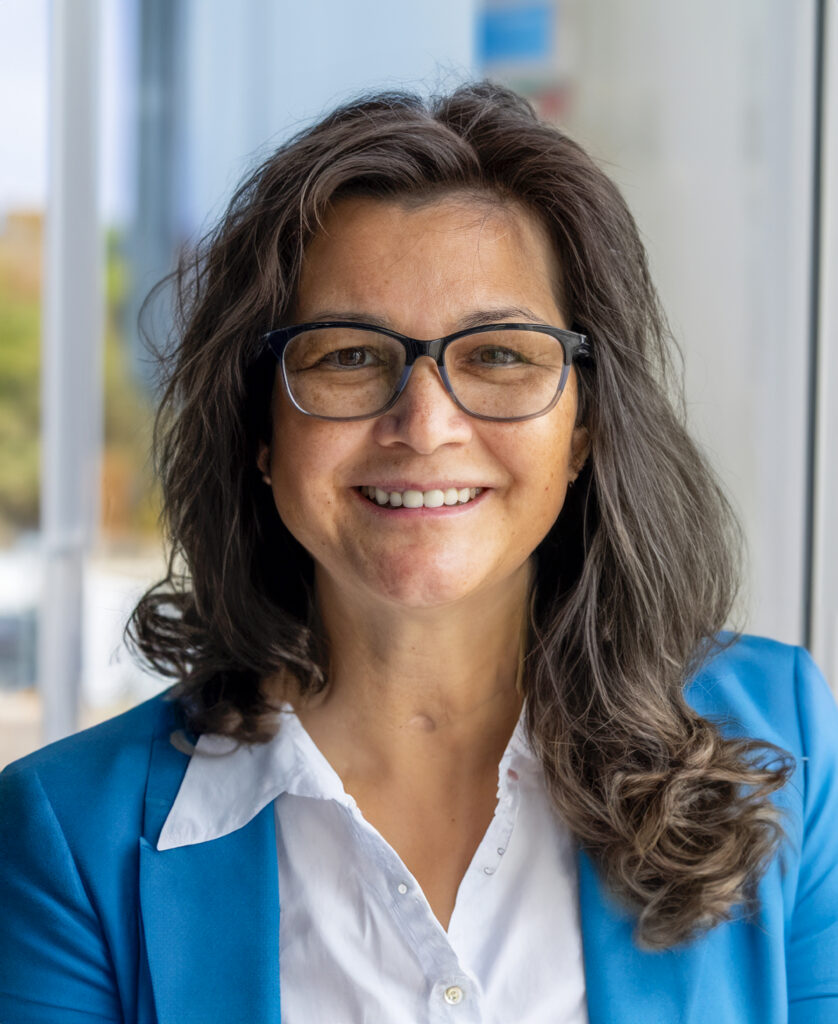What is a Reverse Mortgage Loan?
A reverse mortgage loan, specifically the Home Equity Conversion Mortgage (HECM), is a unique type of home loan designed for homeowners aged 62 or older. Similar to a traditional mortgage, it allows you to borrow against the equity in your home while keeping the title in your name. However, the key difference lies in repayment: with a reverse mortgage, there are no monthly payments. Instead, the loan is repaid once the homeowner no longer lives in the property.
As with any financial arrangement, there are conditions to keep in mind. Borrowers are responsible for paying property taxes, maintaining homeowners insurance, using the house as their principal residence, and keeping the property in good condition to avoid penalties.
How Does Repayment Work?
Unlike traditional mortgages, the amount owed on a Home Equity Conversion Mortgage increases over time. This happens because interest and fees accumulate monthly, adding to the loan balance. Essentially, the equation looks like this:
Borrowed money + Interest = Rising Loan Balance
As the loan balance grows, home equity declines. When it’s time to pay the loan back—whether after selling the home, moving out permanently, or passing away—repayment is typically handled by selling the property.
Who Can Qualify for a Reverse Mortgage Loan?

Not everyone can access a reverse mortgage. These loans are available exclusively to homeowners aged 62 or older. The flexibility they offer is a significant draw: you can receive the loan as a lump sum, as ongoing monthly income, or in amounts and timing that suit your financial needs. However, it’s important to remember that this is not “free money”; it’s a loan that must eventually be repaid, along with interest the interest accrued over time.
Key Takeaways and Important Information
- HECM Reverse mortgages provide financial flexibility for homeowners who are 62 or older by allowing them to borrow against their home equity without making monthly payments.
- The loan balance grows over time due to accumulating interest, which can reduce home equity if the home does not appreciate at a rate higher than the loan rate.
- The loan is not meant to strip you of equity, instead you are able to use the equity now without making payments. Your home should be increasing in value at about the same rate as your interest that is accruing so you should be able to continue maintaining your equity.
- Repayment generally occurs when the homeowner sells the home, moves out permanently, or passes away.
- It is an FHA Insured loan, so when you or your heirs are ready to sell the property, if the value happened to be lower than the loan amount (like the time that the market crashed in 2008 and home values plummeted), you or your heirs would not be responsible for the shortage – even though you enjoyed the use of the equity while you were in the home without making payments.
- If you pass away, your heirs can choose to keep the home and refinance the loan into their own names by refinancing 95% of the loan appraised value or the full loan amount, whichever is lower. Or they can sell it for the market value at the time of sale. If not enough to pay off the loan, they will not be required to cover the shortage. If sold for more than the loan amount, the sale will pay off the loan, and the heirs will get the proceeds after the loan and the normal costs and commissions associated with selling a property.
- Borrowers must meet certain conditions, including staying current on property taxes and insurance, to remain in good standing.
- You must receive counseling from a HUD-approved reverse mortgage counseling agency to discuss your eligibility, the financial implications of the loan, and other alternatives.
By understanding these aspects, you can determine if a HECM reverse mortgage aligns with your financial goals and lifestyle.
Questions? Call me at 509-564-5639 or email mfisher@modusmtg.com and I’d be happy to talk with you.
CLICK HERE TO PRINT THIS FLYER TO SHARE WITH OTHERS OR FOR FUTURE REFERENCE







